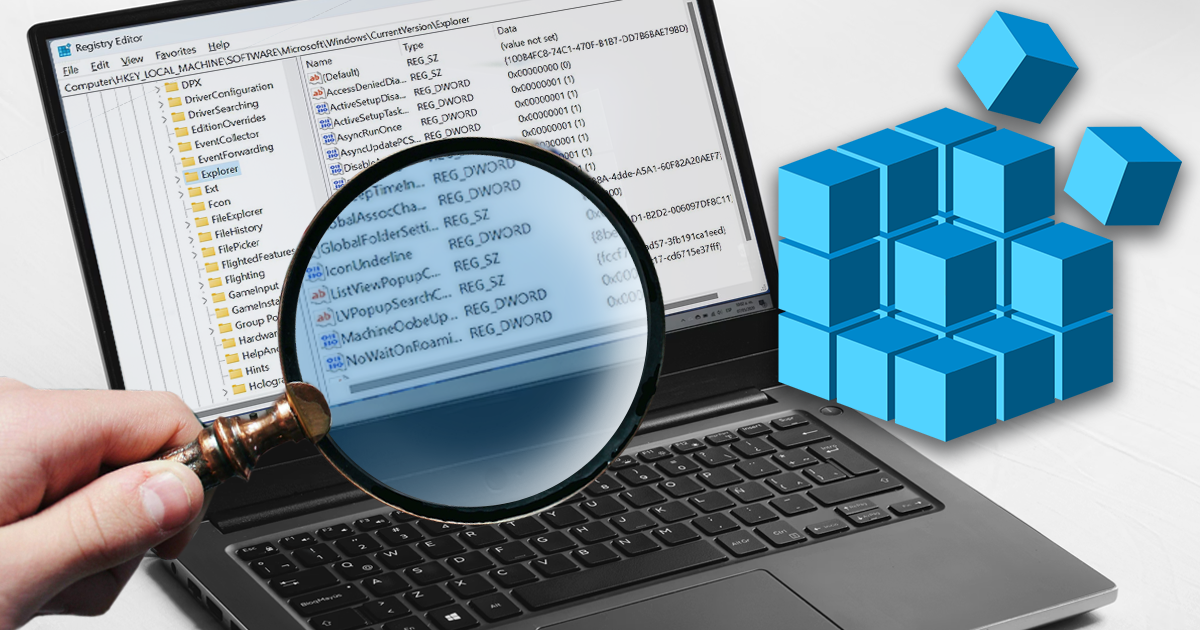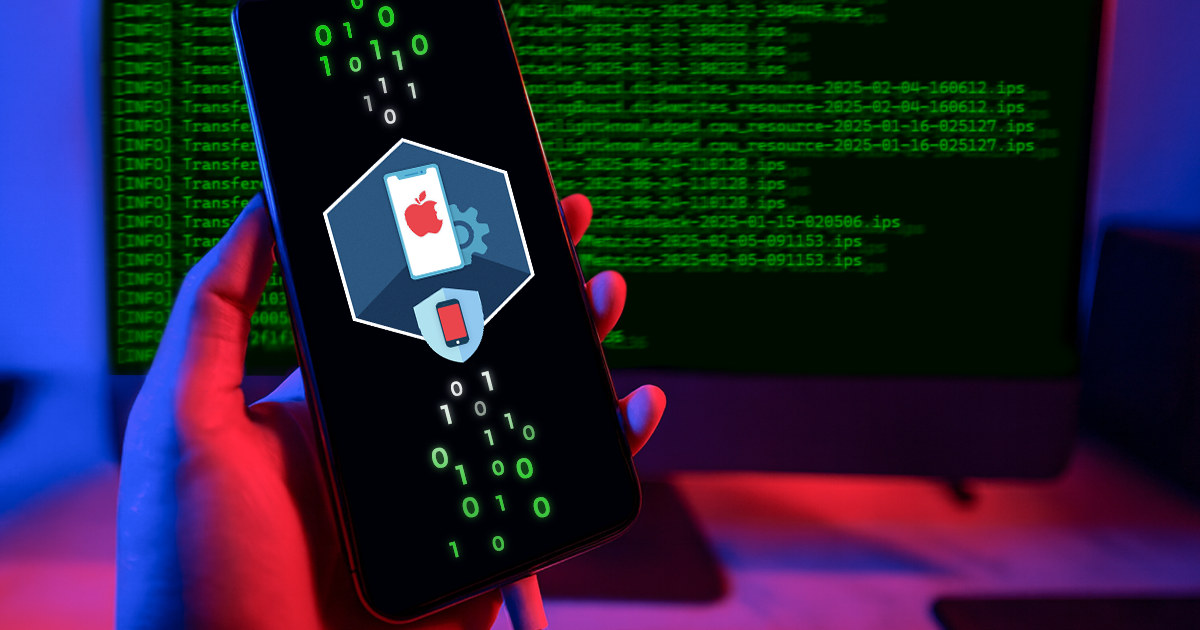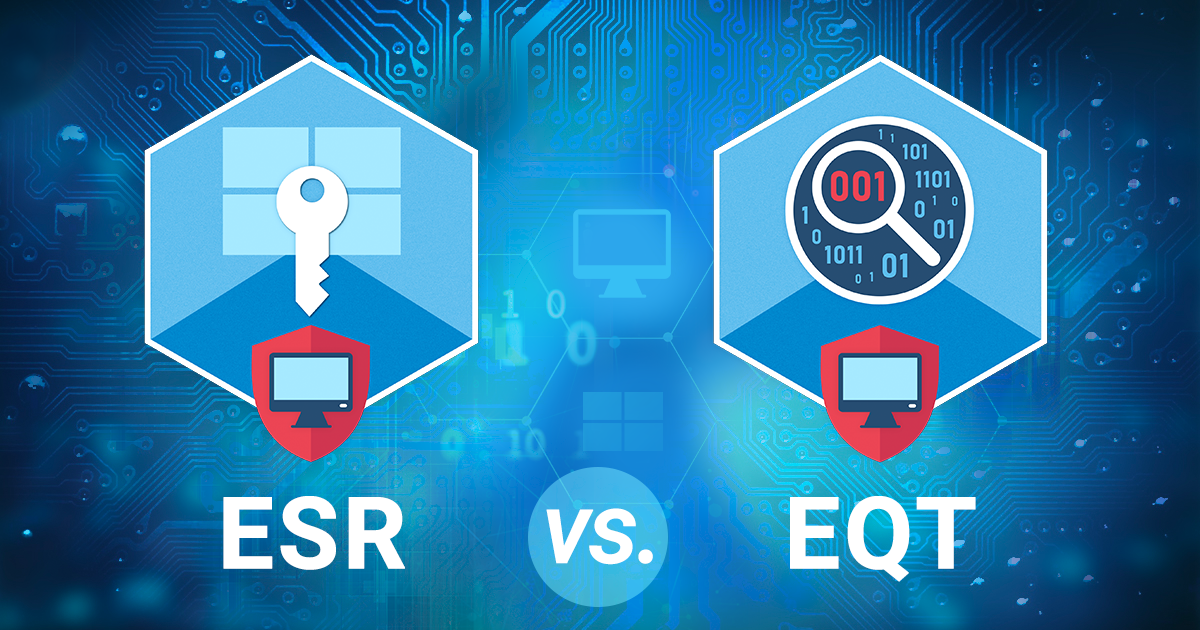What can a forensic expert find in an Outlook data file? Can they recover deleted emails, contacts and appointments from Microsoft Outlook? Can users erase unwanted correspondence from Outlook? In this article, we’ll demonstrate how experts can recover valuable information from Outlook data files (PST/OST), including deleted emails, contacts, attachments, and appointments. Even when users attempt to erase unwanted correspondence, traces often remain within the database. With the right tools, experts can extract and analyze this hidden data to uncover critical evidence.

In our previous article Why SSDs Die a Sudden Death (and How to Deal with It) we talked about SSD endurance and how it’s not the only thing affecting real life reliability. In that article, we assumed that manufacturers’ specifications of certain SSD models remain similar for a given SSD model. In fact, this is not the case. Quite a few manufacturers play tricks with consumers, releasing a certain SSD model with top notch specifications only to downgrade them at some point during the production cycle (but certainly after receiving its share of glowing reviews). While some OEMs do note the change at least in the revision number, the rest will just quote the small print allowing them to “change specifications at any time without prior notice”. We’ve seen well known SSD manufacturers switching from reliable MLC NAND to planar TLC trash within the same model (and zero notice to potential buyers). How can you tell which NAND configuration your particular SSD drive employs and whether or not it lives up to your expectations? Read along to find out.
Many thanks to Roman Morozov, ACELab technical support specialist, for sharing his extensive knowledge and expertise and for all the time he spent ditching bugs in this article.
Many thanks to Roman Morozov, ACELab technical support specialist, for sharing his extensive knowledge and expertise and for all the time he spent ditching bugs in this article.
Your browsing history represents your habits. You are what you read, and your browsing history reflects that. Your Google searches, visits to news sites, activities in blogs and forums, shopping, banking, communications in social networks and other Web-based activities can picture your daily activities. It could be that the browsing history is the most intimate part of what they call “online privacy”. You wouldn’t want your browsing history become public, would you?
Have you ever had to say sorry because you’ve sent an e-mail to a wrong person? Isn’t it an embarrassing situation? Hopefully it wasn’t a confidential e-mail otherwise you may get into trouble. After all it’s typical of all of us. You’ve simply made a stupid blunder to enter a wrong address…or to use AutoComplete. Such things may trigger some unpleasant consequences which is actually a minimal harm AutoComplete can incur.


